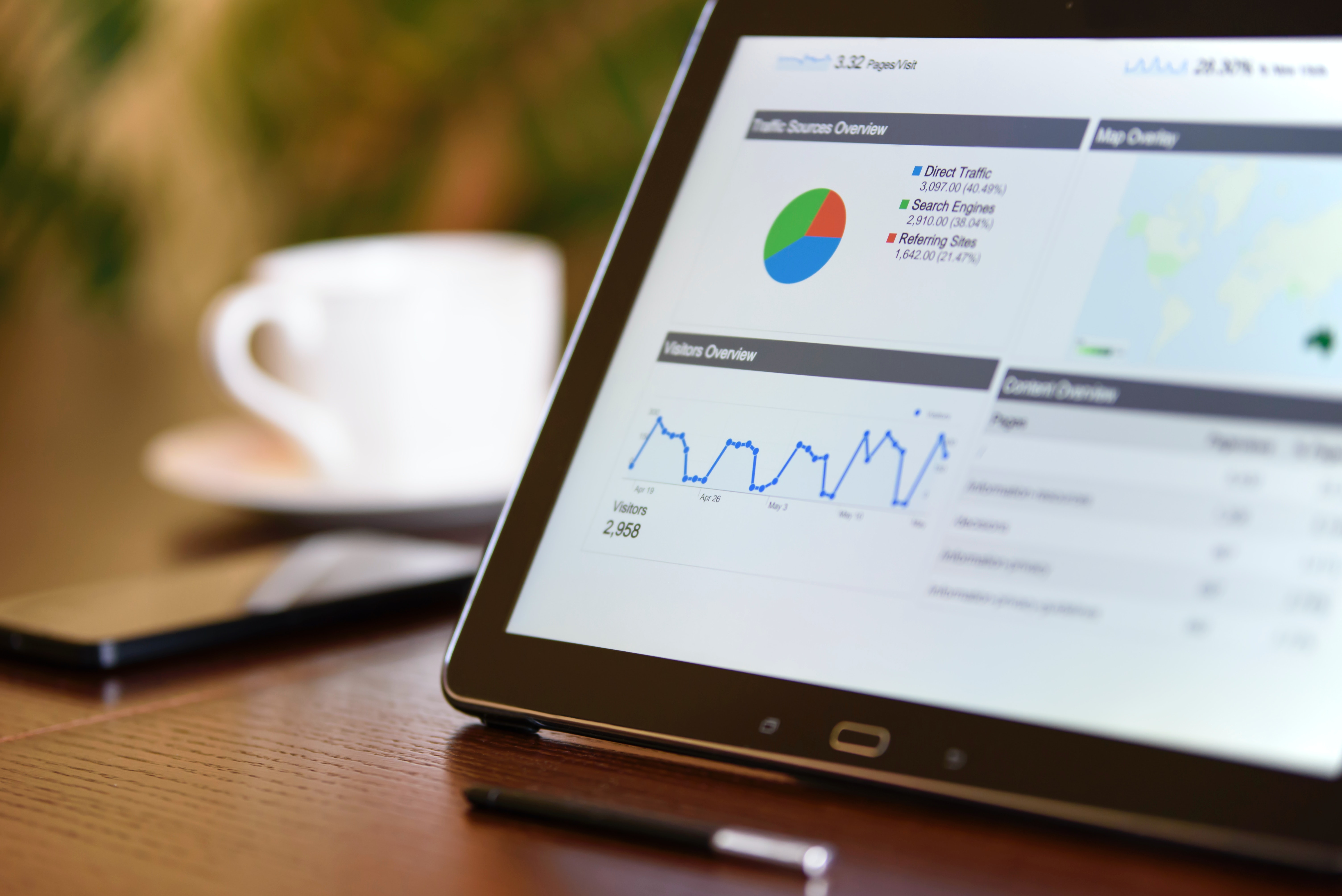4 min read
8 [Design] Mistakes You're Making With Your Building Product Website
![]() Louise Urquhart
:
26-Feb-2021 08:42:06
Louise Urquhart
:
26-Feb-2021 08:42:06
![8 [Design] Mistakes You're Making With Your Building Product Website](https://www.insynth.co.uk/hubfs/Copy%20of%20Copy%20of%20Is%20Your%20Website%20Set%20Up%20To%20Attract%20Specifiers_.gif)
Having a unique, compelling and well-optimised website for your building product company isn’t an option anymore. Like all of your other business assets, it needs to pull its weight and, ultimately, it needs to pull in sales.
One of the biggest tell-tale signs as to whether you have a compelling website is its bounce rate. Anything over 60%, according to PerzonSEO, means that people aren’t sticking around long enough to view your online offering. Additionally, a poor number of inbound enquiries (form submissions, technical downloads) will, too, provide insight as to how effective your website is as a sales tool.
So, where are building product businesses going wrong? It this post, we identify 8 possible reasons as to why your website isn’t pulling its weight.
Read on….
1. Gating And/or Hiding Technical Data

Specifiers who use your site want to be able to find the data they need easily without having to hunt through the entire website, and then once they find what they need, they shouldn’t be restricted from accessing it.
Information which is essential for understanding how your product works or how to use it should be easily accessible. Having to sign in for the necessary technical information is off-putting for the specifier and can lead to a significant drop in the downloading of these essential files.
That’s not to say you shouldn’t gate content at all. Things like guides, whitepapers and CPDs are all good examples of, what we call, ‘lead magnets’, and as such, are valuable pieces worth gating in exchange for a recipient’s contact details.
However, if there is anything that interrupts/jars a specifier from carrying essential product research, you stand a good chance of them taking their business elsewhere.
2. No Calls To Action (CTAs)
Every page should have a valid call to action. What do you want your customer to do on your site? What do you want to achieve?
The CTA should be relevant to the content on the page. For example, if someone is reading a blog post, a CTA to download an eBook on the same topic would be a good idea.
Similarly, if someone is viewing a product page, a ‘request a quote’ CTA might be something to consider.
Whatever your aims, CTAs should be prominent and easy to see, so using one of the more vibrant colours in your brand palette is recommended.
3. Not Using Analytics Tools On Your Website

People tend to think that when their website is built, that’s it. Consequently, it sits there gathering dust and not performing in the way it should be.
Analytics tools like Google Analytics or HubSpot Analytics can create a real advantage for you in that they show you how customers behave on your website. They measure all-important bounce rates, amount of people visiting your site, the pages they visit, how long they spend on each page, etc.
You can even fine tune your analytics to see which parts of the website are not working for you and which CTAs never get clicked, for example.
A website should evolve with your business and tracking analytics will ensure that you’re regularly adjusting the user experience based on sound data and evidence.
This leads to the next point:
4. Not Responding To The Data Analytics Gives You To Improve Your Website
Growth Driven Design is a real buzzword of the moment. It’s a process which involves constantly monitoring your site to see what’s working, or more importantly, not working, and changing those aspects to see better user engagement and conversions.
A website shouldn’t be designed and then left for years to stagnate. It should constantly be evolving to suit your Users’ needs.
Unfortunately, some CMS options don’t make this easy, so make sure you choose a platform, like HubSpot, which simplifies and champions Growth Driven Design.
5. Creating A Website That’s Not Best Serving Your Users’ Needs.
User research can help you establish the main reasons for a User’s site visits and therefore helps you to establish the content that needs to be included on your website.
If it’s mainly architects visiting your site to specify your products, then make sure all the information they’ll need to make that specification is easy-to-find, kept up-to-date and easily downloadable.
If you decide to go for a new website, always ask your chosen agency how much time they spend on user research. At the end of the day, your website is not your website. It’s your customer’s website. Always remember that.
6. Not Making Your Website Easy To Use.
Good user experience is essential in order to keep users on your website and for converting. The site should be easy to navigate, with content presented in an intuitive and logical way.
Slow page loading speeds create a higher bounce rate and potentially lose you customers.
Users need to find the info they need at a first glance - so prioritise that towards the top of the page.
Large blocks of text are hard for people to scan - break them down into smaller chunks of 2/3 sentences.
Separate content with clever use of sectioning or white space, so that the eye is easily guided from one piece of content to another
7. Not Including Enough Lead Generation Elements
Every user that visits your site is a potential lead that you could be following up on. Make sure there are ways to capture those leads, whether via contact forms, quote forms, newsletter signups or gated content downloads.
8. Inadequate SEO
I heard a joke recently:
Where should you hide a dead body?
On page two of Google.
An attractive new website is great, but it won’t do much if people can’t find it. New websites can cost anything from £7k to £20k, and you need to see return on that investment.
So, ensuring your website appears first on Google’s SERPs is not something to be overlooked. We’re talking, meta tags, page titles, image alt. text, optimised URLs… the list is endless.
Bottom line: choose an agency that is design AND SEO-led. This will ensure that your website not only looks good, but gets found, too.
Conclusion
Are you making any of these cardinal sins with your building product website design?
Perhaps it’s time you took the plunge and opt for something that not only looks great, but serves as a lead generation machine, too.
Speak to an expert about your building product website today.
About Insynth
At Insynth we deliver a predictable flow of leads, customers, and specifications for building product brands through our inbound marketing approach, proven to reach a technically demanding audience.
We use the latest marketing techniques such as construction inbound marketing, to equip building product companies to grow sustainability in this era of digital transformation.
As the only HubSpot certified agency to major in construction marketing. We have a proven formula of bringing a variety of functionalities together including CRM Implementation, Web Design, Sales Automation, SEO, and Email Marketing to achieve your ultimate aim: Growing your business and gaining new specifiers and customers.

